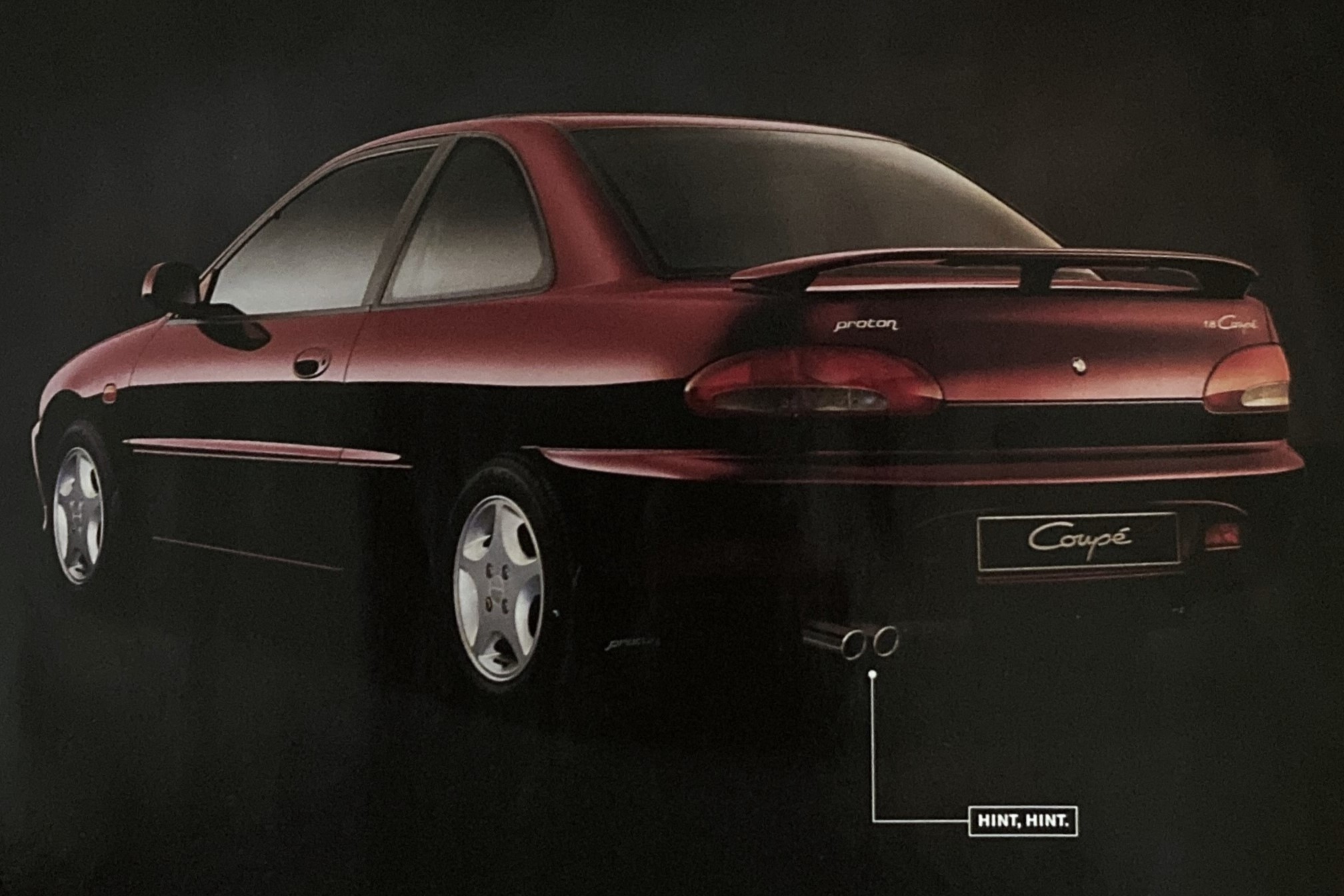Nobody in my family was into cars, and my dad’s toolbox contained just a few rusty odds and ends from his stint in the Navy, primarily as the squadron’s bowling team captain and secondarily as a mechanic. Thus, my journey to mechanical enlightenment didn’t start until college, when I was driving a friend somewhere in my wheezing ’78 Toyota Land Cruiser, and he said, “I think you have a vacuum leak,” and I said, “A what…?”
It’s now 33 years later, and thanks to a few generous mentors along the way – plus several full engine rebuilds including two Lamborghini V12s – I know what a vacuum leak is. And if I don’t know it, the invention of the internet as a universally accessible repository for all human knowledge (both factual and otherwise) means I can watch a YouTube video about it. As I did the other day, before I miraculously – really, the dictionary definition – fixed the Bosch fuel-injection system in a friend’s 1989 Mercedes. College Me wouldn’t recognise Today Me, and not only because there’s significantly less hair.


A few things I’ve learnt on this journey: First, no matter how good a professional mechanic is, and there are plenty of fine ones out there (though not nearly enough), he or she doesn’t care about your stuff the way you care about your stuff. The best will competently fix what you tell them to fix, and their bill will often not be high enough to fully compensate them for all the sweat, filth, and scarring they endured to fix your car. But in my experience, they won’t fix all the other frayed, tired, dry-rotted, leaking, and corroding things they find while they are armpit-deep in your machine. Because they weren’t asked to, and it will add even more to a bill that they already know threatens to give you palpitations. So although I am slow and sometimes make mistakes, I care deeply about my stuff. I wire-brush all the nuts and bolts before returning them to duty. I run taps into holes and dies over studs to clean up their threads. I don’t turn a blind eye to other ticking time bombs I find. And I don’t park my classic outside in the sun and the rain while I’m working on other people’s vehicles.

I’ve also found that the hardest step in a DIY project is usually the first step. A car can sit for months with the most minor of problems while I slalom around its dead carcass in the garage and generally ignore it. Finally, after watching a few motivating videos, or skimming the service manual, or scouring the internet for relevant blog posts from 2003, I’ll work up the steam to jack it up and pull off a wheel. Then, at last, there is momentum, without which no garage project ever reaches completion.
We all know the old mechanic’s axiom, “If it’s hard, you’re doing it wrong.” And we all, to a person, forget it in the clutch. Which is why we’ve all suffered broken studs and blown-out sockets and screwdrivers launched in frustration. Years ago, during my first Lamborghini Espada restoration, my housemate at the time observed that my mechanical technique boiled down to going into the garage and yelling at the car.
It’s true, I yell a lot, because I regularly forget that if it’s hard, I’m doing it wrong. Or I am tired. Or I am in a hurry when I shouldn’t be. A cylinder head doesn’t care that you probably shouldn’t have started to remove it at 5 o’clock when dinner with friends is scheduled for 6:30.

A corollary axiom is: “If it’s hard, you’re using the wrong tool.” Years ago, I stopped being stingy about buying tools. I don’t care if I’ll never use it again – that is a problem for Future Me. Today Me, the one with the bloody knuckles and the flung wrench sticking half out of the wall, will blithely swipe a credit card in whatever slot is presented to get at that one last nut hidden at the back of the manifold. It helps that there is a Harbor Freight store walking distance from my house.
A corollary to the corollary is: “If it’s hard, you’ve probably underestimated how long it will take.” Frustration is the handmaiden of expectation; if we expect it to take two hours to replace a water pump and it takes six, we explode. I am as guilty as anyone. Literally every single project I do in the garage, up to and including adding washer fluid, takes longer than I initially predict it will. Partly because I spend so much time wire-brushing bolts and spinning taps into holes. If I were a professional mechanic, I would starve.






